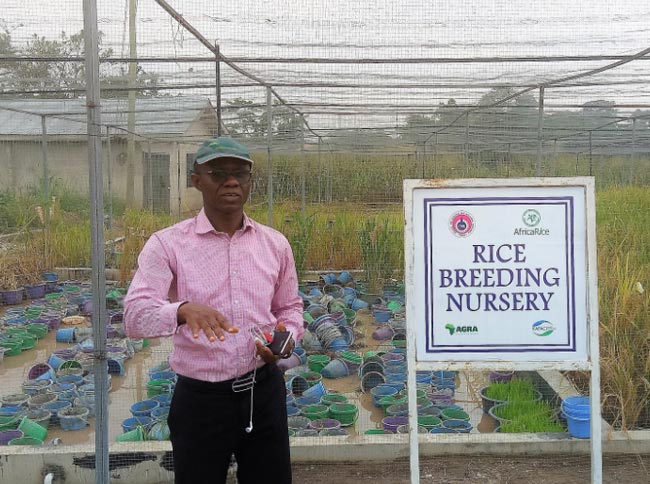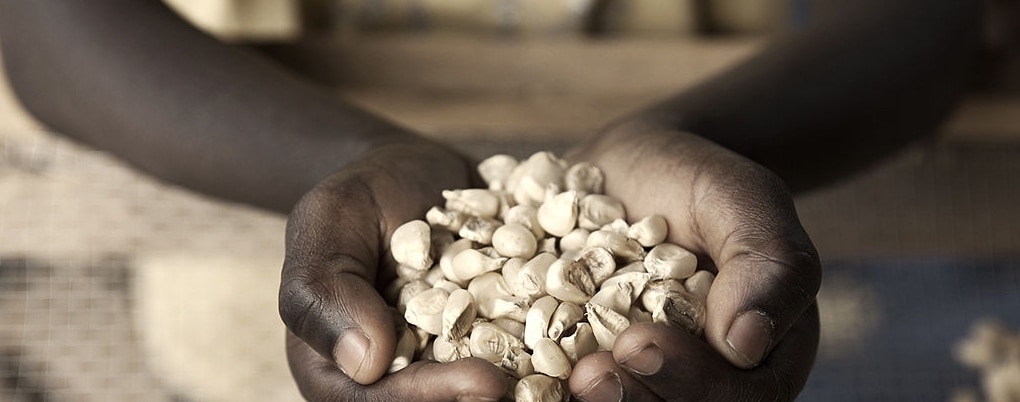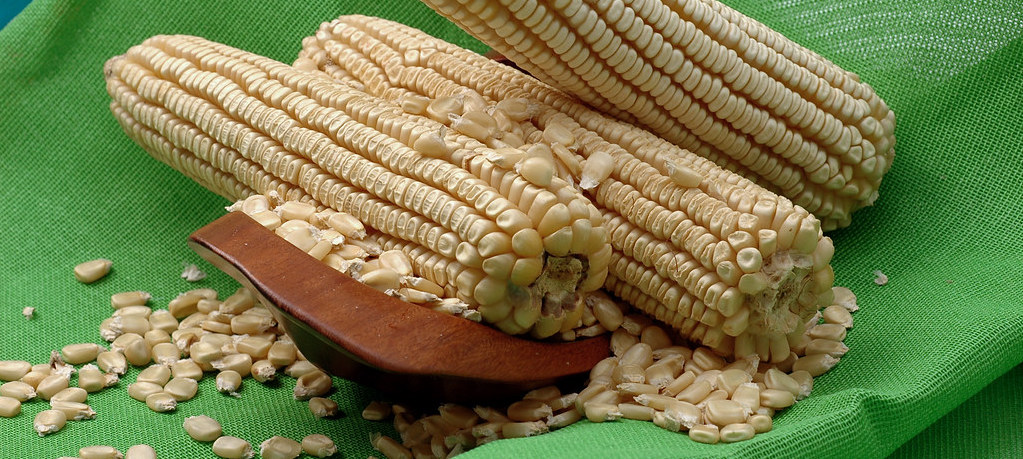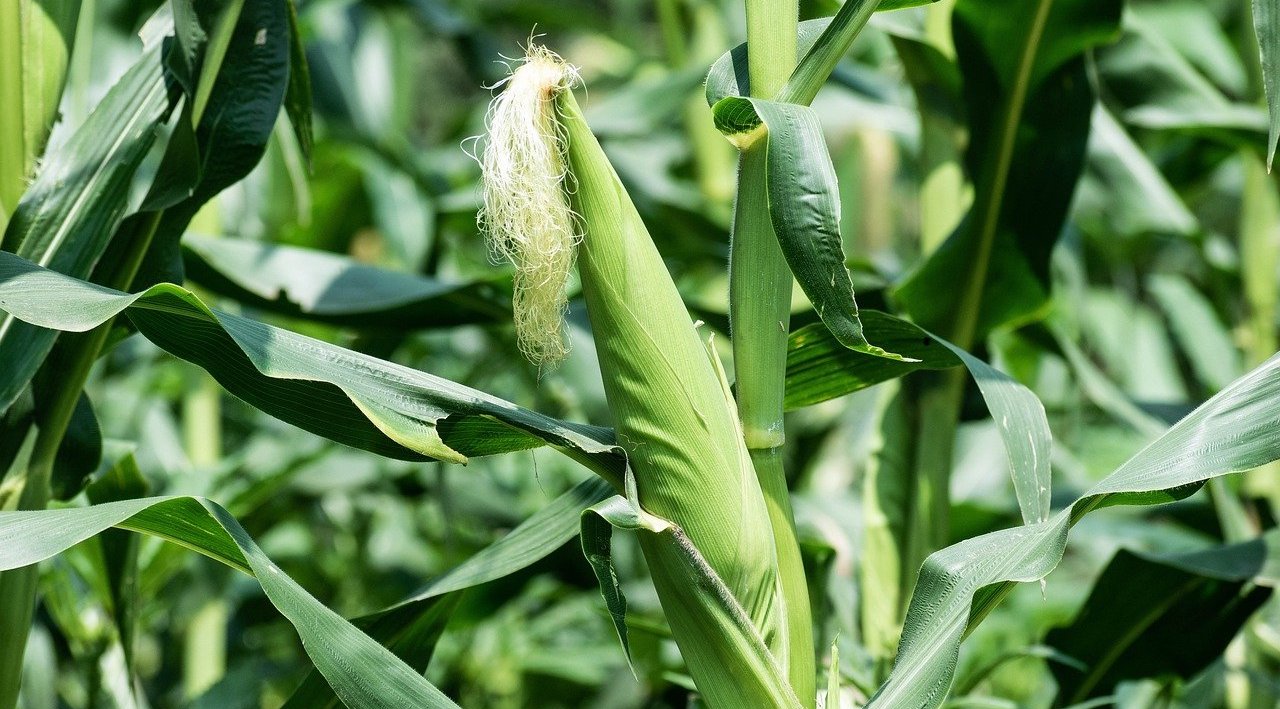Rice has become a staple food through Ghana, though the majority is imported. Plant breeder Dr Maxwell Darko Asante is working to remedy this.
Dr Asante’s love of agriculture started when he was in high school, thanks to a passionate teacher on the subject.
“I developed interest in the subject even though I was the kind who always likes to dress up and look nice so I didn’t like the field that much,” he says with a laugh from his Crops Research Institute (CRI) office in Kumasi.
“But I ended up being the best student in the class.”
He then went on to university to study plant breeding and then in 1998 was placed at CRI where he has remained – working up the ranks.
For Dr Asante, the passion for plant breeding is based on what it can do for society.
“Through plant breeding you will come out to try to change the livelihood for the poor, provide food for the general society as well as turn the economy around.”
It will also help to curb the high food imports in the country.
AGRA sponsored his PhD at the West African Centre for Crop Improvement, which he started in 2008 and focused on breeding for improved grain quality.
As imported rice reigned supreme in Ghana, he researched the imported rice using it as a benchmark to create Ghana-grown rice – the outcome he says is comparable to the imported rice.
Local rice had a bad reputation in Ghana, people saw it as inferior to the imported jasmine or long grain rice on the market.
Before he did his PhD he worked with a colleague on a jasmine-type rice, funded by an AGRA grant. That rice now makes up about 60-70 percent of all local rice in Ghana.
However, a plant breeder’s job is never done, Dr Asante says.
With a 185,000USD grant from AGRA, Dr Asante has released six new rice varieties, the first time this has happened in Ghana. The rice is expected to help boost rice production and quality, as well as reduce dependence on imports. The six are suitable for lowland and irrigated rice ecologies and are high-yielding. The original AGRA rice is susceptible to the Rice Yellow Mottle Virus Disease, so the new varieties are tolerant of the disease and iron toxicity.
“This grant gave us the opportunity to start our own breeding from scratch – this is the first time we have released varieties from our own breeding programmes. Without AGRA support we would not have been able to do that,” Dr Asante says with pride.
He even named one of the six new varieties after his own mother – Aunty Jane.
“We lived on a high school campus and my mum used to sell rice even though she was a school teacher she used to sell rice on a part time basis. She made so much money from selling rice that she went on voluntary retirement at 50.”
It’s his wish that rice farmers in Ghana enjoy the same success.
The varieties are now being multiplied and seeds are with seed companies, it is expected to be given to farmers in 2018. Ultimately Dr Asante wants these varieties to put an end to importing rice into Ghana – but there needs to be more investment along the value chain he urges.
“I want 100 percent self sufficiency and even if possible export to other countries in West Africa.”






